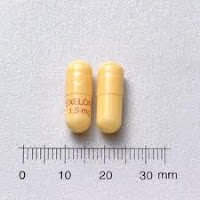
Alzheimer’s Drugs: What You Need to Know
FACT SHEET: Several Alzheimer’s prescription drugs are currently approved by the U.S. Food and Drug Administration (FDA) to treat people who have been diagnosed. Learn

FACT SHEET: Several Alzheimer’s prescription drugs are currently approved by the U.S. Food and Drug Administration (FDA) to treat people who have been diagnosed. Learn

MEDICATION: The most common drug for Alzheimer’s also increases bone mass in mice. Find out what this means for people with dementia in fear of bone

MEDICATION PROGRESS – VIDEO & ARTICLE: Chinese researchers are now using seaweed sugar to tackle Alzheimer’s. Read on to learn how Oligomannate, the first treatment

MEDICATION: THE WORLD’S MOST POPULAR DEMENTIA-DRUG IS DONEPEZIL. Donepezil (Brand-name: Aricept®) boosts memory & thinking in Alzheimer’s. More donepezil means more boost – along with

MAYO CLINIC VIDEO, ARTICLE, PODCAST:
In March, Biogen discontinued advanced Alzheimer’s trials for aducanumab, predicting it was not likely to produce meaningful benefits. Now, new data did demonstrate real benefits, the FDA will review a fresh analysis, and former trial patients are getting back on the drug. See what happened.
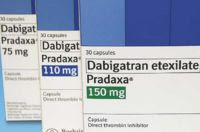
PROGRESS IN THE NEWS – VIDEO & ARTICLE: In the lab, Alzheimer’s was delayed by FDA-approved “Dabigatran” (Pradaxa®), commonly used to clear blood clots. Can

NUTRITION VIDEO + ARTICLE: Recently, the FDA Slammed 58 Dangerous Alzheimer’s Supplements. Who are the culprits? Why did it happen? See this list and watch

Namzaric is a combination of the two most popular drugs for Alzheimer’s. Two new doses have been added, bringing the total to four. Find out

BOOK OF THE WEEK: “Supplement Your Prescription” is chock full of helpful advice on the right supplements to take when taking prescription medicines. Dr. Cass
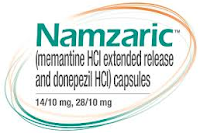
NAMZARIC™ is a new Alzheimer’s medication that combines the best of Aricept and Namenda (also generically known as donepezil and memantine). It is available across
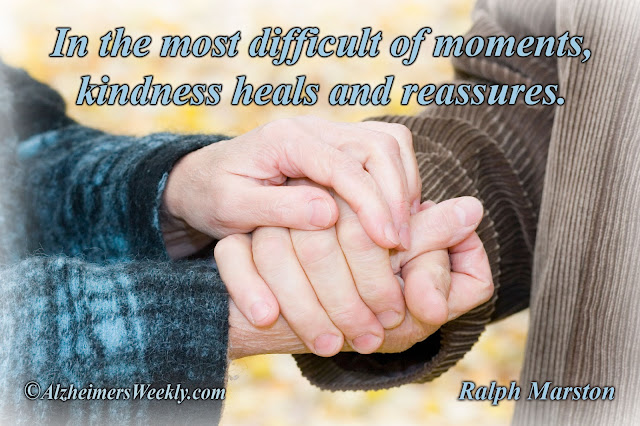
In the most difficult moments, Kindness heals and reassures.
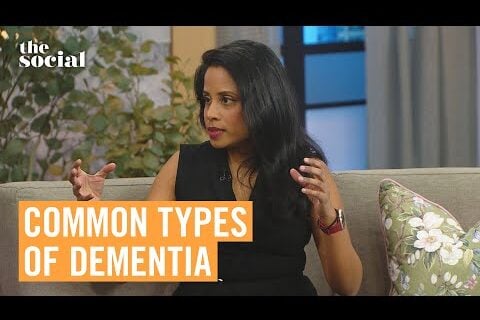
Why early warning signs matter more than most people realize.

Hospital stays with dementia should focus on elder safety. See a special ER for seniors, equipped with brilliant features that speed comfort and care to this population.

The brush strokes are precise, the colors vibrant. See a Colorado art program help patients rise above dementia, while the paintings raise money for The Alzheimer’s Association.

The protein BDNF builds synapses in the human brain, nurturing brain cells and fighting off dementia. While there is no artificial way of boosting it, social and cognitive activity can.

People may not have easy access to sophisticated, expensive dementia tests. A simple test from Einstein Medicine uses a stopwatch and a few questions to determine one’s risk of dementia. The potential payoff could be tremendous for individuals, their families and society.

Ketone-rich diets increase the SIRT3 protein that protects neurons from death during the progression of Alzheimer’s disease. But how does it work? Find out more.
No spam, only news and updates.


